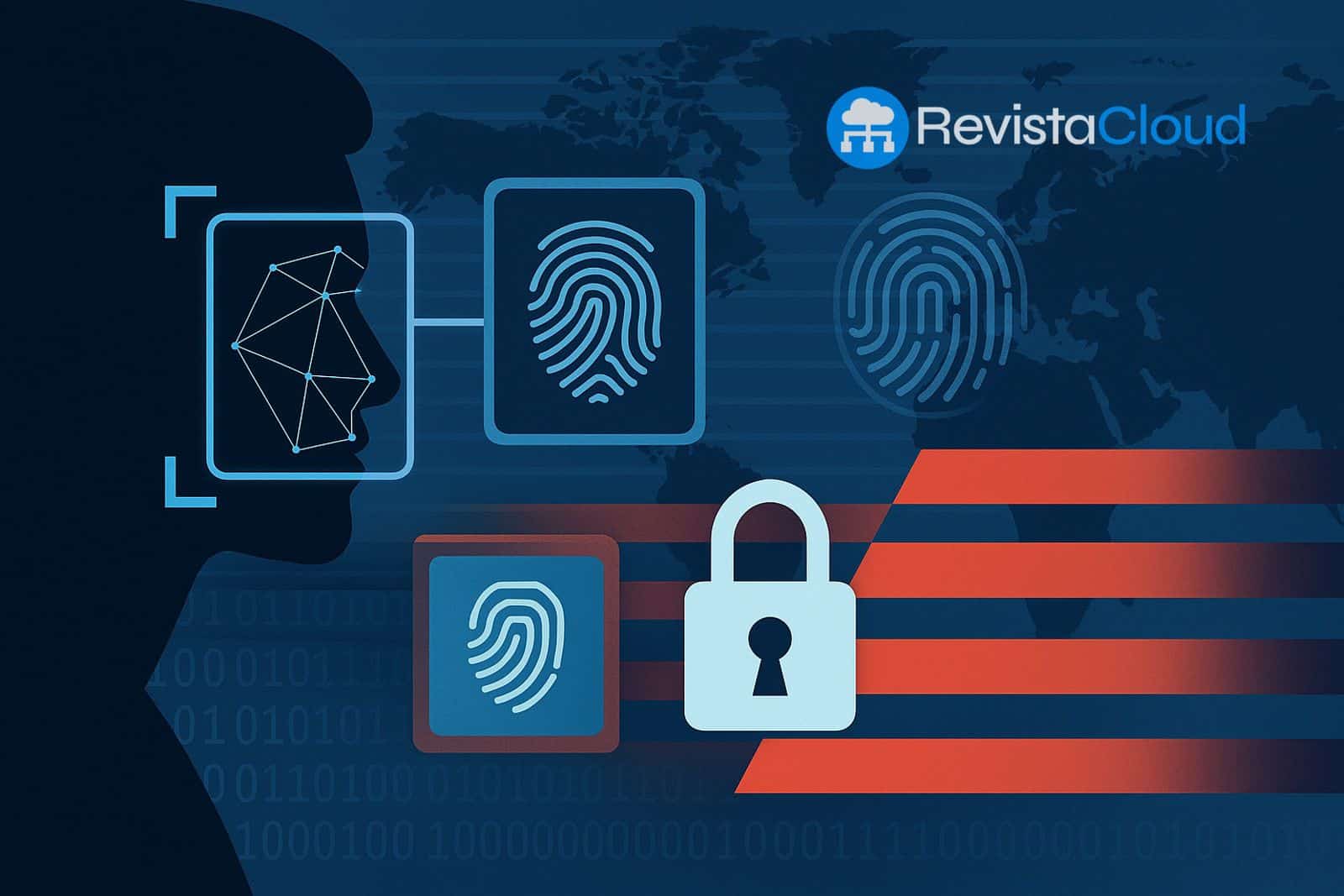Technology continues to transform our lives, but not always in the direction one might expect. The recent revelation of official documents regarding the Known Traveller Digital Identity (KTDI) program in Canada has raised alarms about the use of technological innovations in projects that, under the promise of efficiency and security, could lead to a gradual erosion of privacy and individual freedoms.
Driven by Transport Canada in collaboration with the World Economic Forum (WEF), KTDI aims to make biometric digital identity the new standard for international travel. It is a system that centralizes highly sensitive personal data—such as academic history, financial status, and vaccination status—into a single “verifiable” digital profile.
Technology in the Service of Control
The official narrative speaks of “contactless travel” and a “seamless user experience,” but the underlying reality reveals another story. Documents leaked by Rebel News, obtained through a freedom of information request, show that the project was included in the 2021 federal budget with funding of over $105 million, with little public debate or parliamentary oversight.
What is most concerning, however, is how the administration itself labeled questions raised by journalists regarding the use of biometrics and the involvement of private entities as “problematic.” Some responses were prepared but subsequently largely censored, highlighting a lack of transparency that contrasts with the magnitude of the project.
A New Architecture of Digital Surveillance
From a technological standpoint, KTDI represents a sophisticated integration of biometric systems, blockchain, and decentralized verification. However, not all technological innovations equate to progress. Such infrastructures, if not designed with robust data protection guarantees and democratic oversight, could lead to a permanent surveillance architecture.
Experts in cybersecurity and digital rights warn that centralized digital identification can be used not only to facilitate services but also to restrict rights, limit movements, or apply social or financial pressure. The precedent of social credit in China is a clear example of how systems initially created for the “common good” can become tools of control.
The Trap of Technological Modernization Without Ethics
This is not the first time we have seen technological advancements implemented for economic or efficiency purposes without sufficient ethical reflection. The use of facial recognition algorithms, automated credit scoring systems, or digital health passports has raised similar concerns. The KTDI case goes a step further by proposing a totalizing digital identity, promoted from spaces where citizen scrutiny is almost nonexistent, such as the WEF.
Furthermore, the fact that a significant part of the project’s development and push has occurred in collaboration with private entities and international forums lacking direct democratic mandates raises legitimate questions about who controls this data, for what purposes, and under what jurisdictions.
Innovation with Limits
In the technological realm, there is an urgent need for a deep debate on the limits of innovation applied to identity and individual rights. It is not about halting progress, but ensuring that each advance is accompanied by mechanisms of transparency, public oversight, and robust legal protection.
Digital identity will undoubtedly be one of the pillars of future infrastructures. But, as the KTDI documents demonstrate, if we allow it to be designed in secrecy, efficiency, and corporate interest, we risk building a future that is bright in technical aspects… but dark in social terms.
Source: Security News

